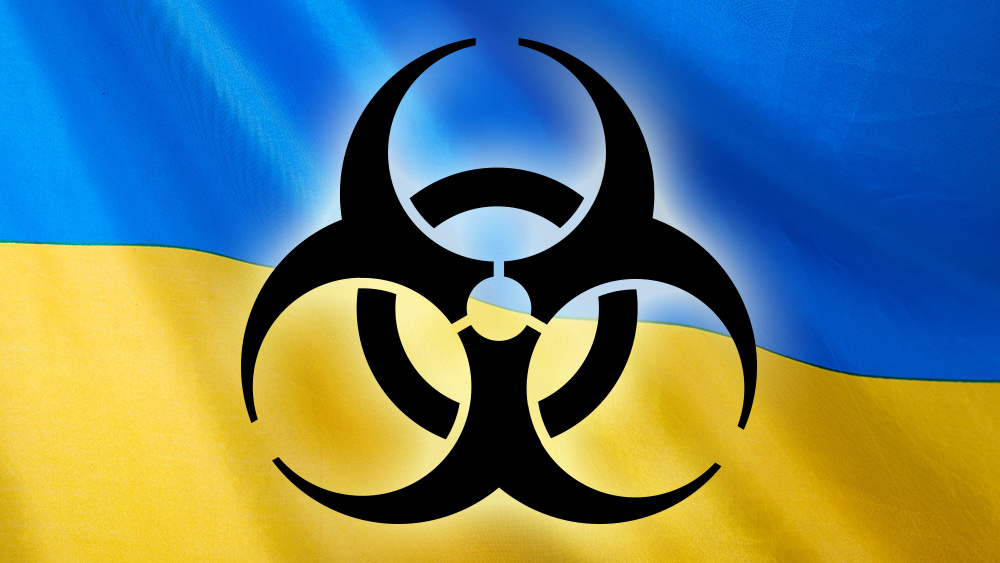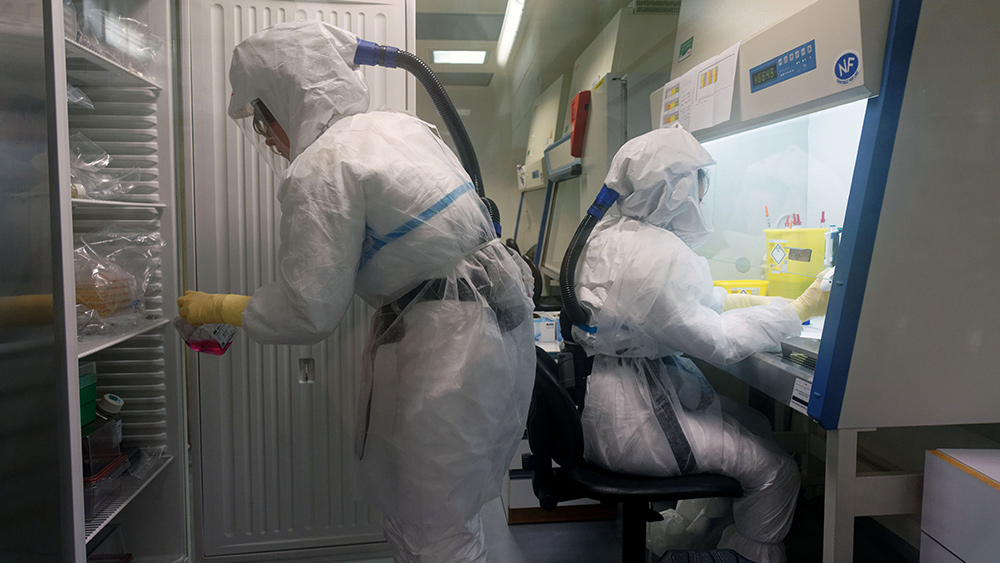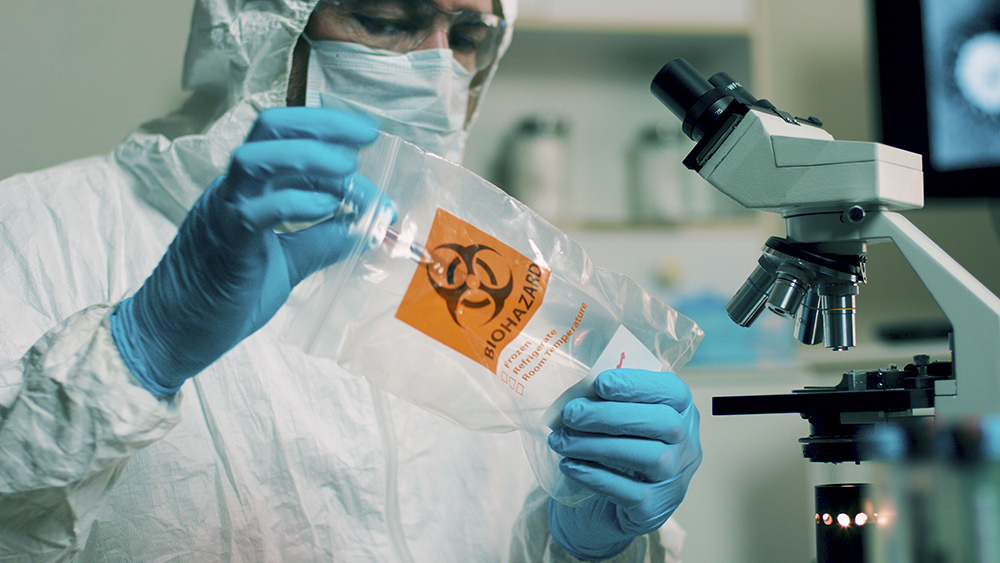Dangerous FDA ruling allows research trials get away with skipping informed consent
02/12/2024 / By Cassie B.

Informed consent is one of the basic tenets of medical ethics, ensuring patients have enough information and understanding before they make a decision about their medical care. However, the Food and Drug Administration has apparently decided this principle is very inconvenient and could threaten drug development and the generous profits the right vaccines and drugs can bring in, so they have amended their regulations to relax the requirements surrounding informed consent.
According to the Federal Register, the FDA issued a ruling on December 21, 2023, finalizing a proposal to the 21st Century Cures Act allowing an exception to be made wherein informed consent does not have to be obtained “when a clinical investigation poses no more than minimal risk to the human subject and includes appropriate safeguards to protect the rights, safety and welfare of human subjects.”
This language seems deliberately vague. After all, they insisted that COVID-19 vaccines did not pose a risk to human health, so it wouldn’t be surprising to see the dangers of trials being brushed off to avoid the need for obtaining informed consent.
“The final rule permits an institutional review board (IRB) to waive or alter certain informed consent elements or to waive the requirement to obtain informed consent, under limited conditions, for certain FDA-regulated minimal risk clinical investigations,” the FDA notes.
The final rule went into effect in January 2024. Until then, the FDA’s regulations only allowed exceptions to informed consent in a handful of specific scenarios, such as when an individual is in a life-threatening situation and urgent help is needed, when specific emergency research requirements have been met, or when the president issues a waiver for a specific military operation.
Now, there are five criteria under which Institutional Review Boards (IRBs) can waive informed consent. One of them is that the investigation could not have been feasibly carried out without the waiver or altering informed consent. What does this mean in practice? Could it be used to avoid getting informed consent in cases where an individual would never agree to the trial if they knew what could really happen to them?
Somehow, the FDA is framing this as good news for humanity, writing in the final rule: “We believe that this rule will both safeguard the rights, safety and welfare of human subjects and enable minimal risk clinical investigations that may facilitate medical advances and promote public health.”
Some of the public comments the FDA received about the rule expressed concerns that waiving informed consent was in conflict with several international standards, such as the International Covenant on Civil and Political Rights and the Nuremberg Code. Others complained that the threshold for “minimal risk” was too vague and open to abuse.
Another problem with the new rule is that IRBs should not be the ones deciding what is considered “minimal risk” since it will often benefit them to use a very loose definition of this term. However, the FDA refused to revise the definition of minimal risk to avoid causing confusion among the research community, even though they are presumably well-trained and educated individuals who are perfectly capable of understanding and interpreting definitions.
Informed consent is no longer a priority
We all know that informed consent went out the window during the pandemic. There are numerous stories of patients who firmly refused Remdesivir who were administered it anyway without their knowledge or consent, sometimes while knocked out with sedatives, because it meant more money from the federal government for the hospital.
And let’s not forget the countless people who have died or become ill thanks to COVID-19 vaccines. How many lives could have been saved if these people were given honest and accurate information about the potential dangers and allowed to decide if the jab was right for them without being threatened with the loss of their job or other freedoms? The latest alterations to informed consent are only going to make it even easier to deceive people when profits are at stake.
Sources for this article include:
Submit a correction >>
Tagged Under:
big government, Big Pharma, Censored Science, Clinical trials, conspiracy, deception, FDA, freedom, health freedom, informed consent, insanity, medical experiment, Medical Tyranny, outrage, pharmaceutical deception, pharmaceutical fraud, research, traitors, twisted
This article may contain statements that reflect the opinion of the author
RECENT NEWS & ARTICLES
MedicalExperiments.News is a fact-based public education website published by MedicalExperiments News Features, LLC.
All content copyright © 2019 by MedicalExperiments News Features, LLC.
Contact Us with Tips or Corrections
All trademarks, registered trademarks and servicemarks mentioned on this site are the property of their respective owners.




















